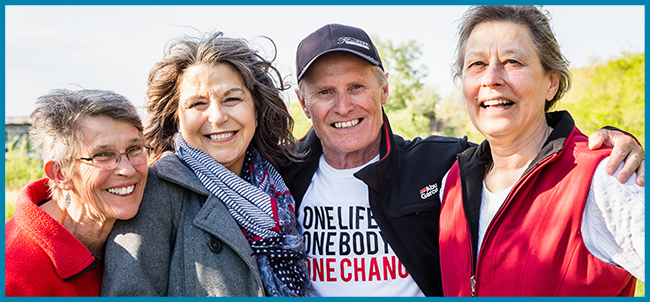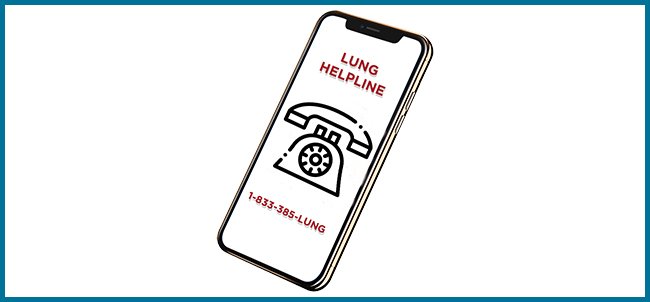Symptoms
The symptoms of COVID-19 can vary from person to person, in different age groups, and depending on the COVID-19 variant.
Symptoms of COVID-19 are similar to other respiratory illnesses including the flu and common cold and may include one or more of the following:
- sore throat
- runny nose
- sneezing
- new or worsening cough
- shortness of breath or difficulty breathing
- temperature equal to or more than 38°C
- feeling feverish
- chills
- fatigue or weakness
- muscle or body aches
- new loss of smell or taste
- headache
- abdominal pain, diarrhea and vomiting
You may start experiencing symptoms anywhere from 1 to 14 days after exposure. Typically, symptoms appear between 3 and 7 days after exposure.
If you don't feel well or if you have any symptoms, even if mild, assume you may have COVID-19. Immediately isolate at home and stay away from others.
For more information about what to do if you start to experience symptoms and suspect you have COVID-19, including information about self-testing and what to do if you test positive and how to manage symptoms at home visit COVID-19 - Government of Saskatchewan.
Long-term Symptoms
Some people who become infected with COVID-19 may experience long-term symptoms, even after they recover from their initial infection. This is sometimes called post COVID-19 condition or Long COVID. Studies are underway to further understand what causes post COVID-19 condition and how to diagnose and treat it. If you think you have this condition, talk to your health care provider about how to manage your symptoms.
To learn more about long-term symptoms, visit Post COVID-19 Condition - Government of Canada.





